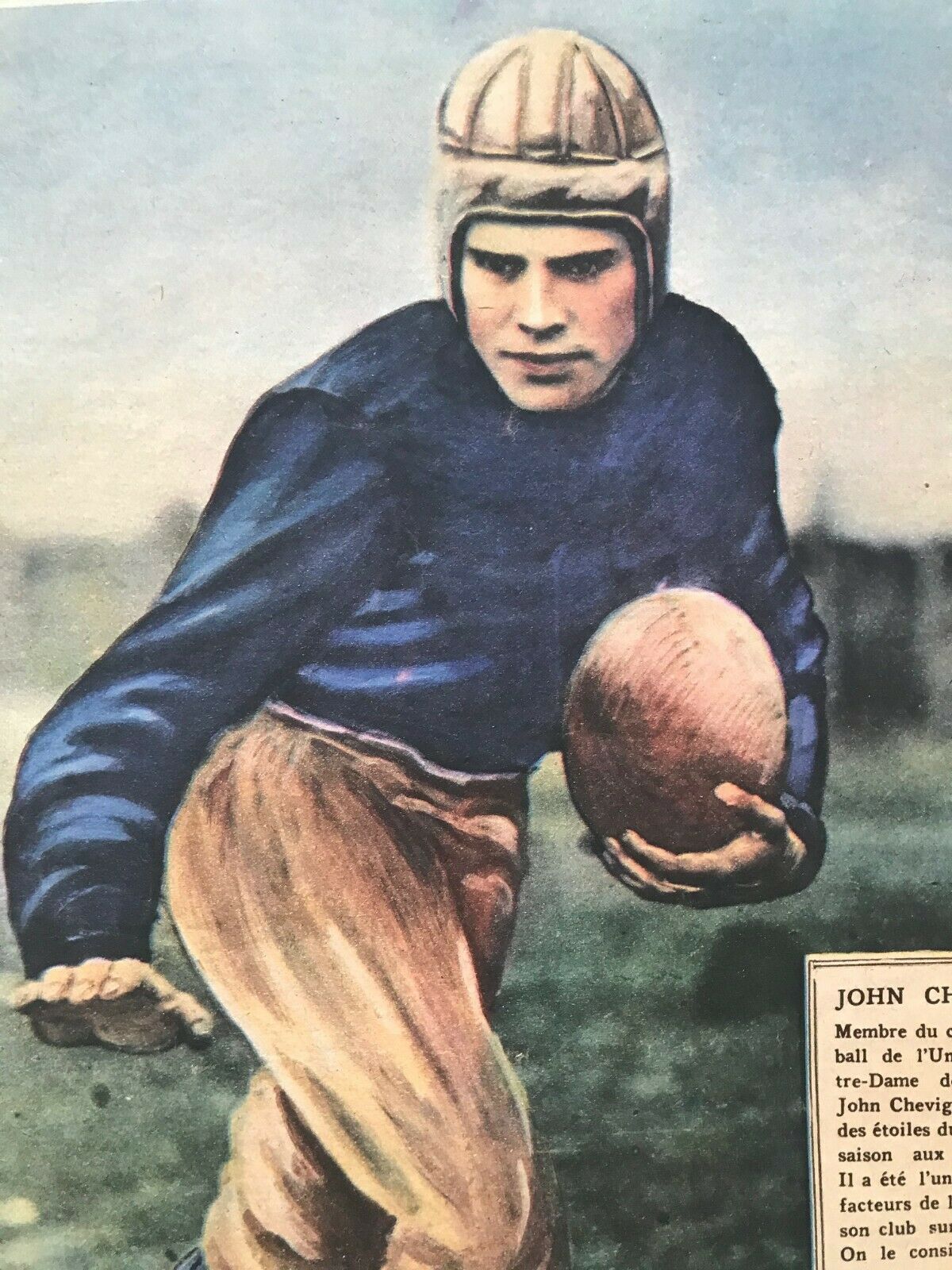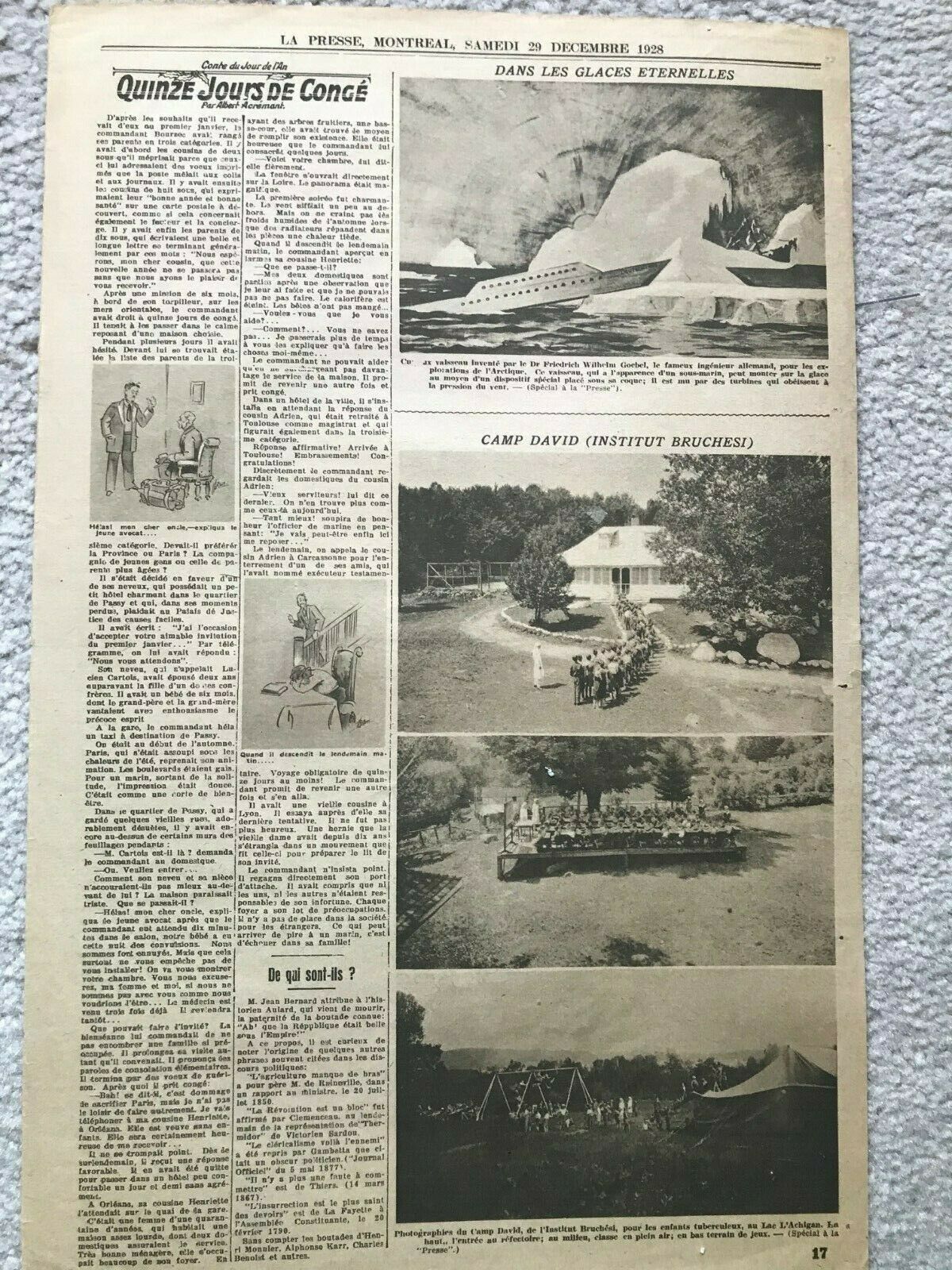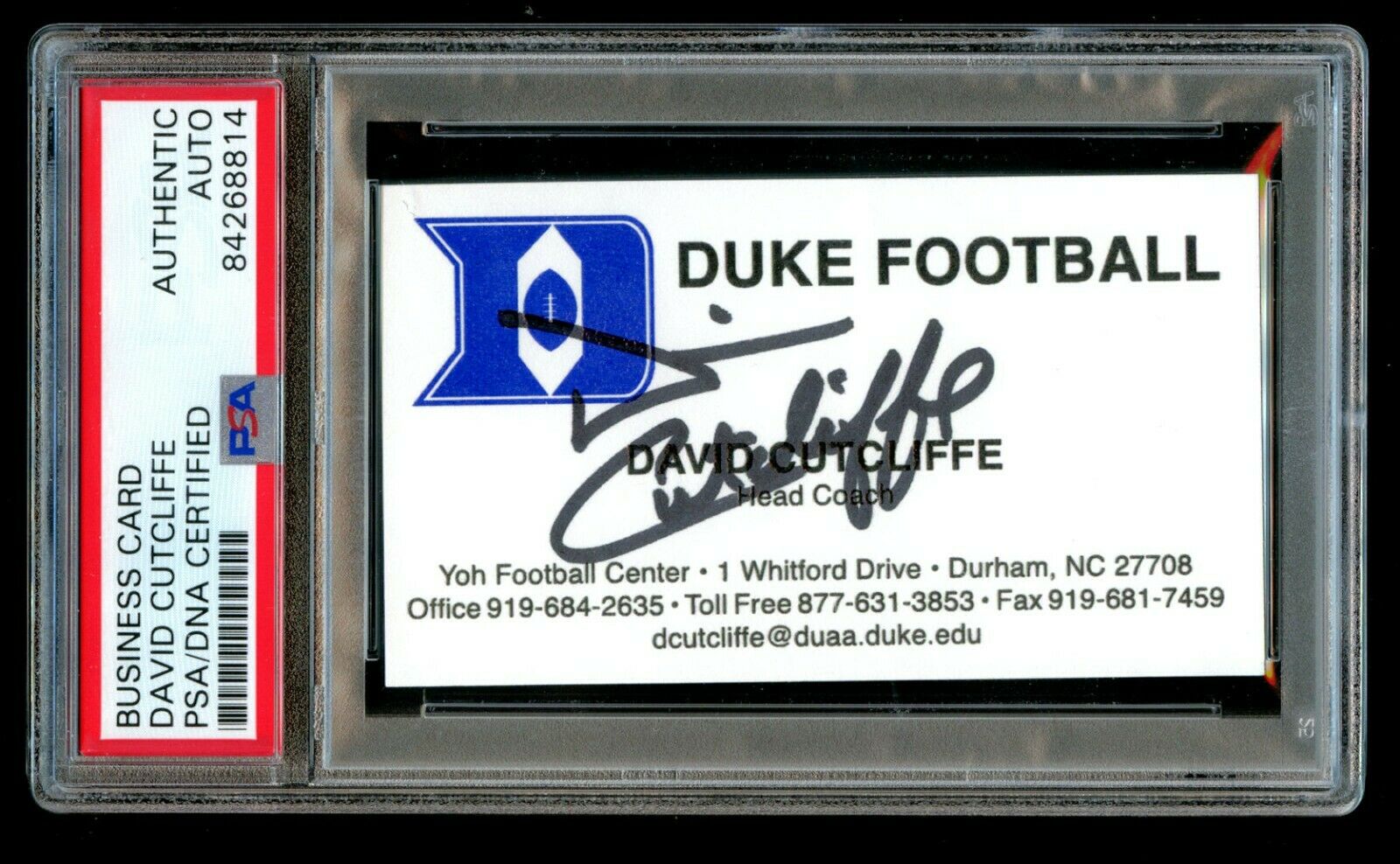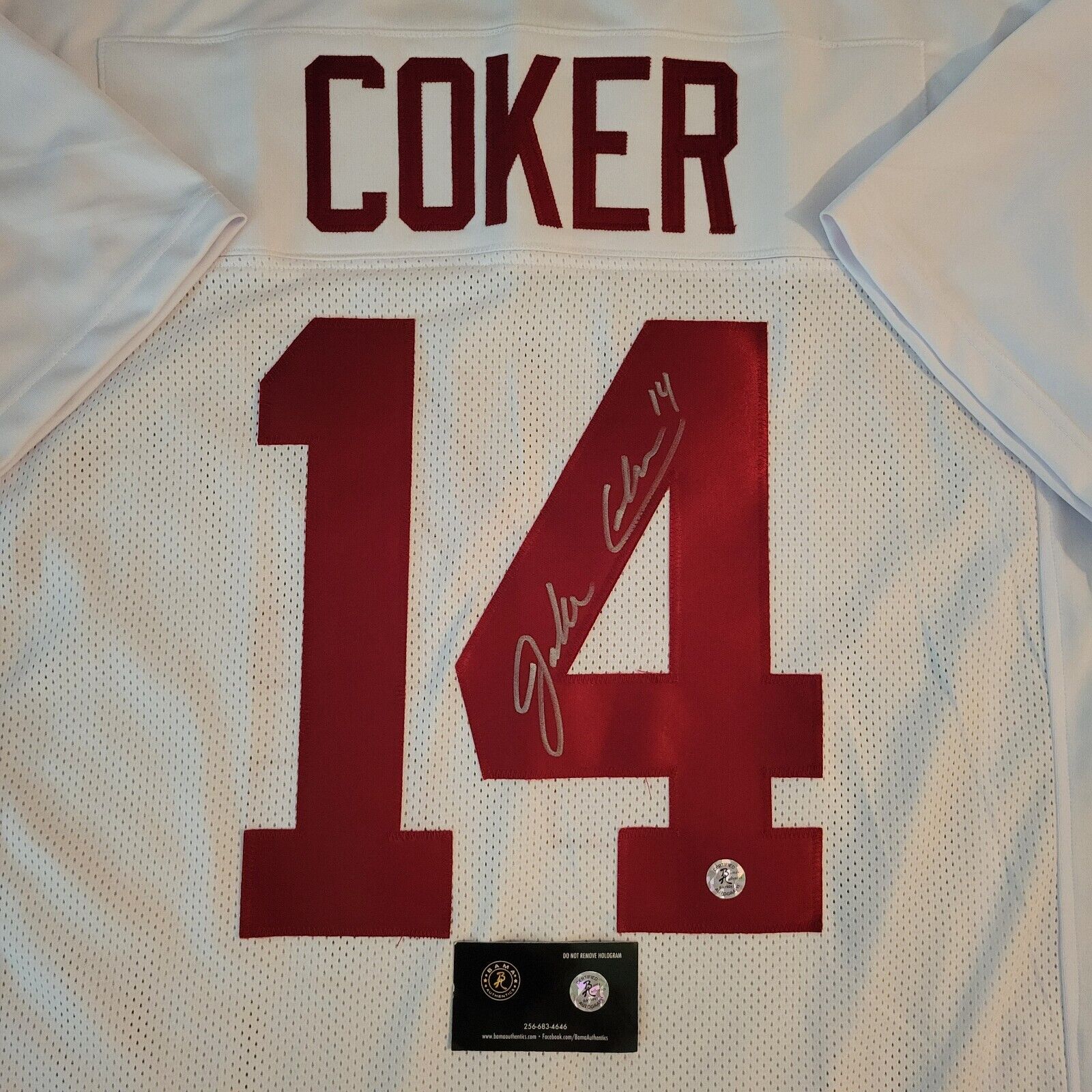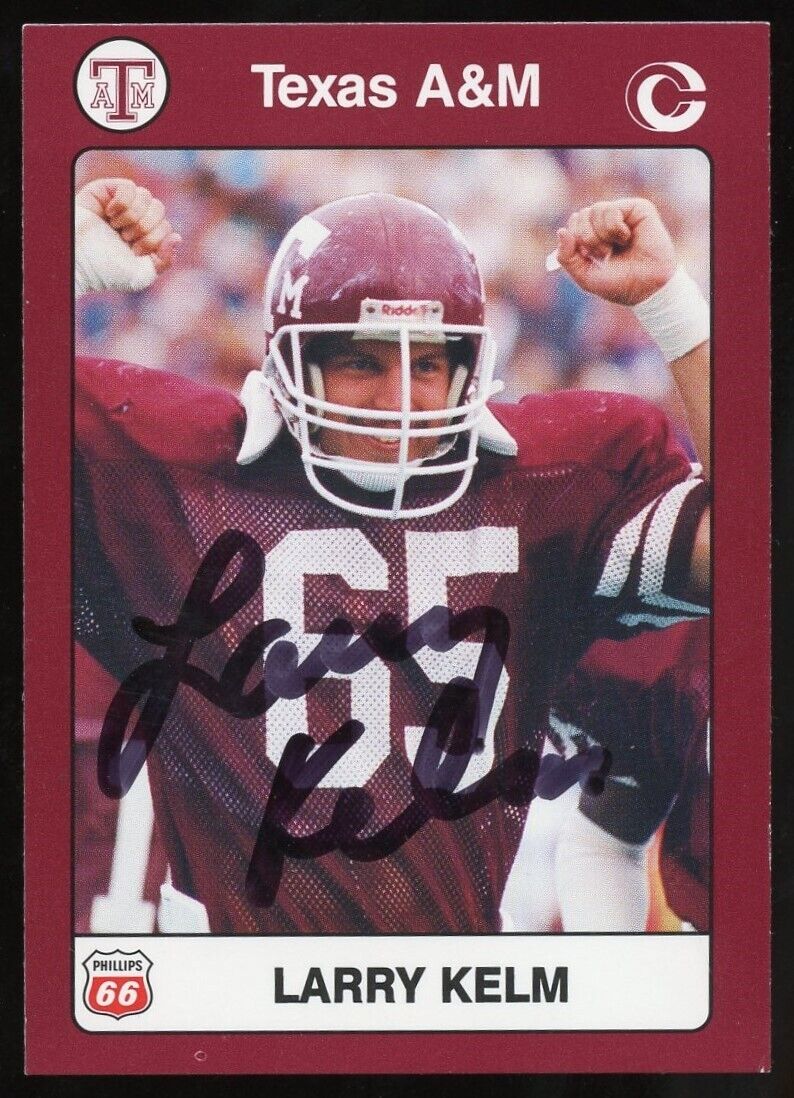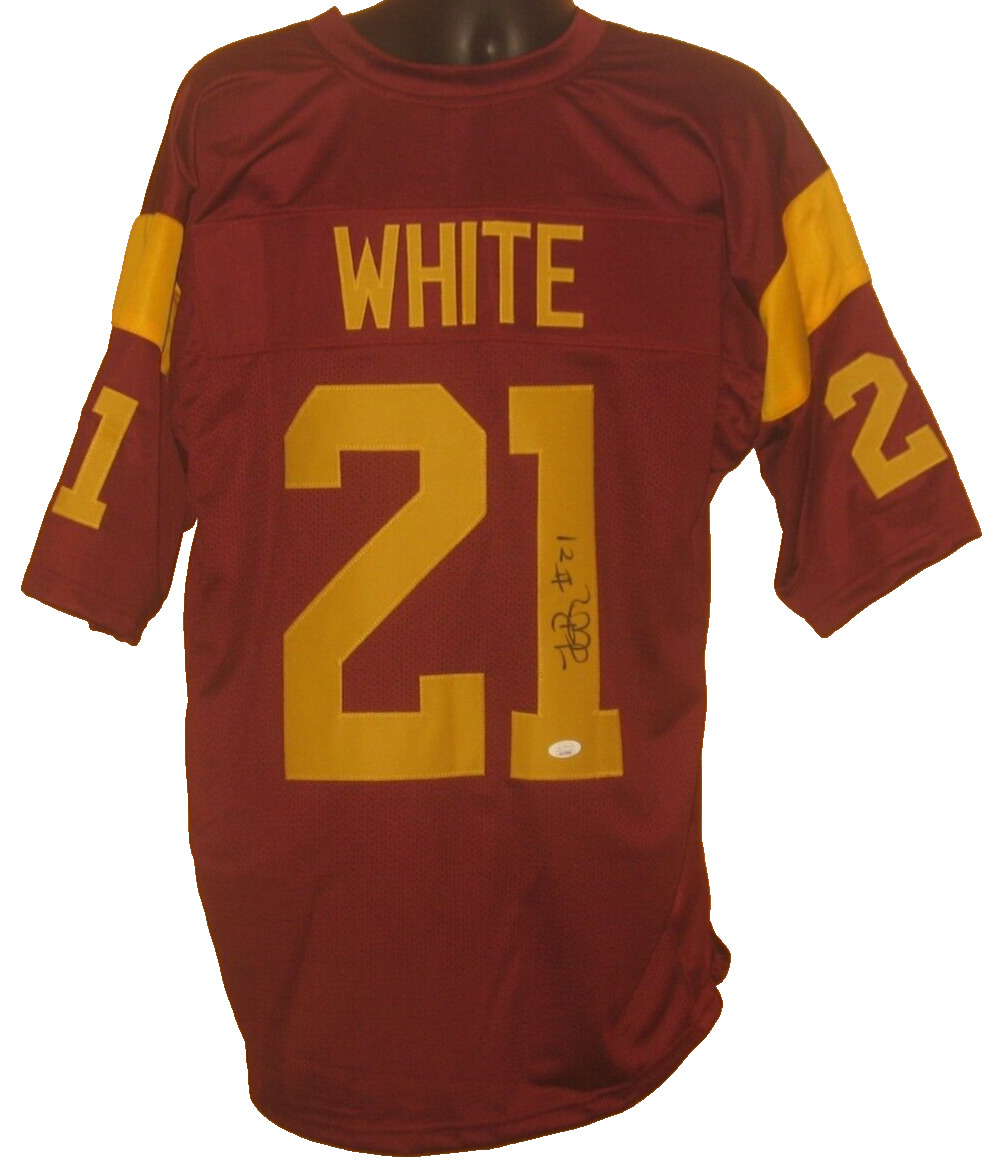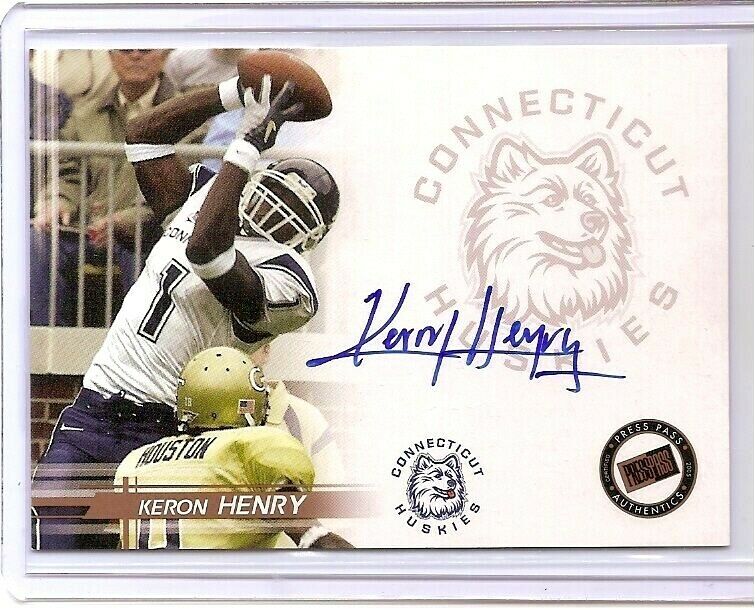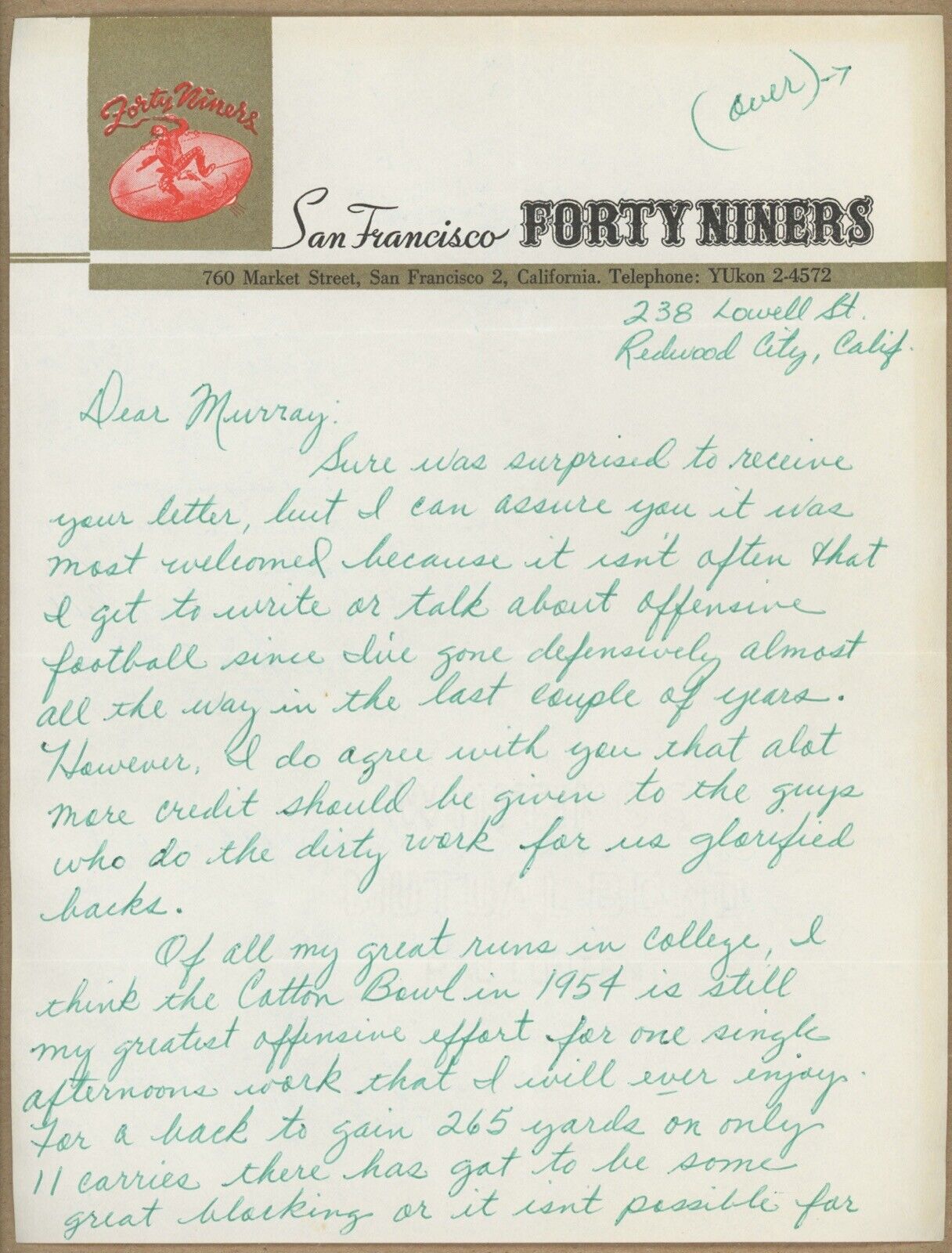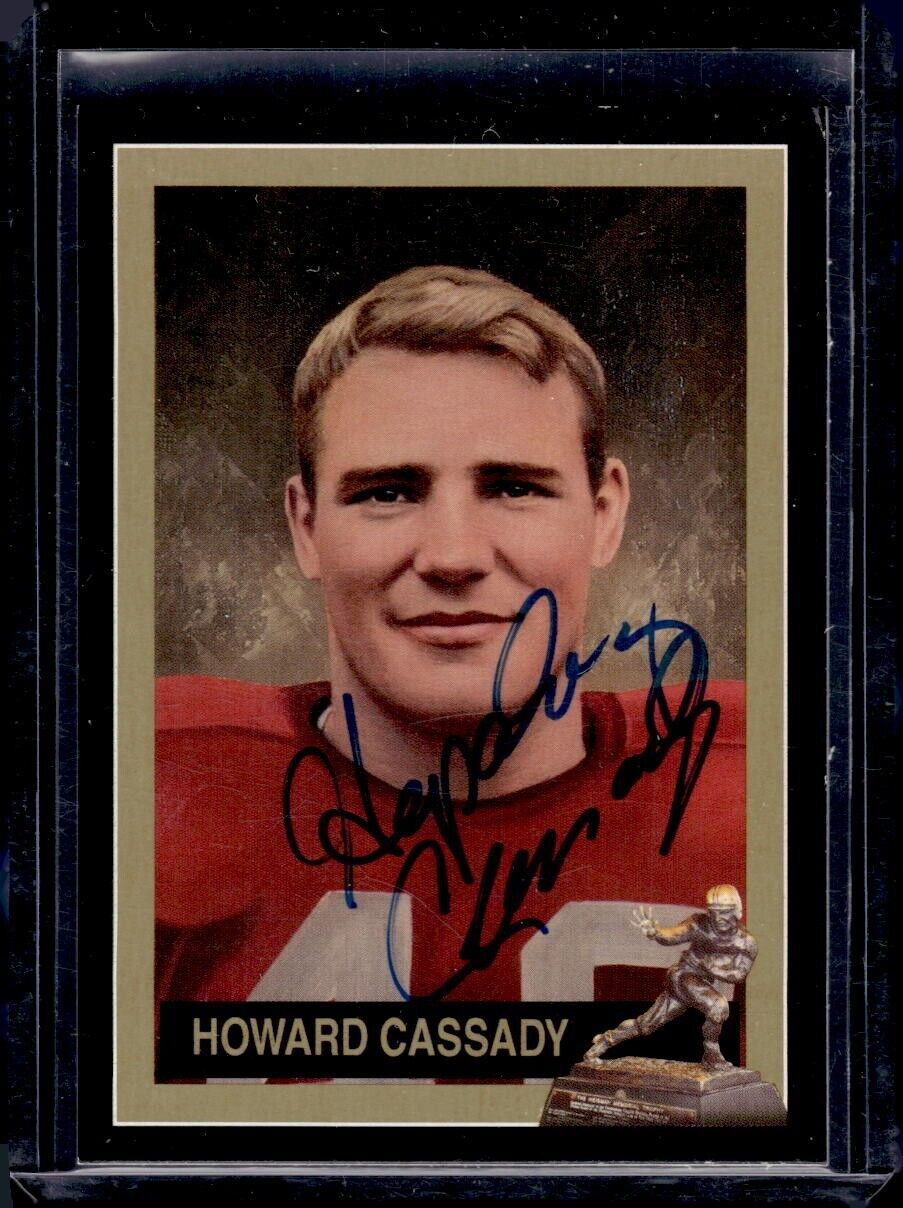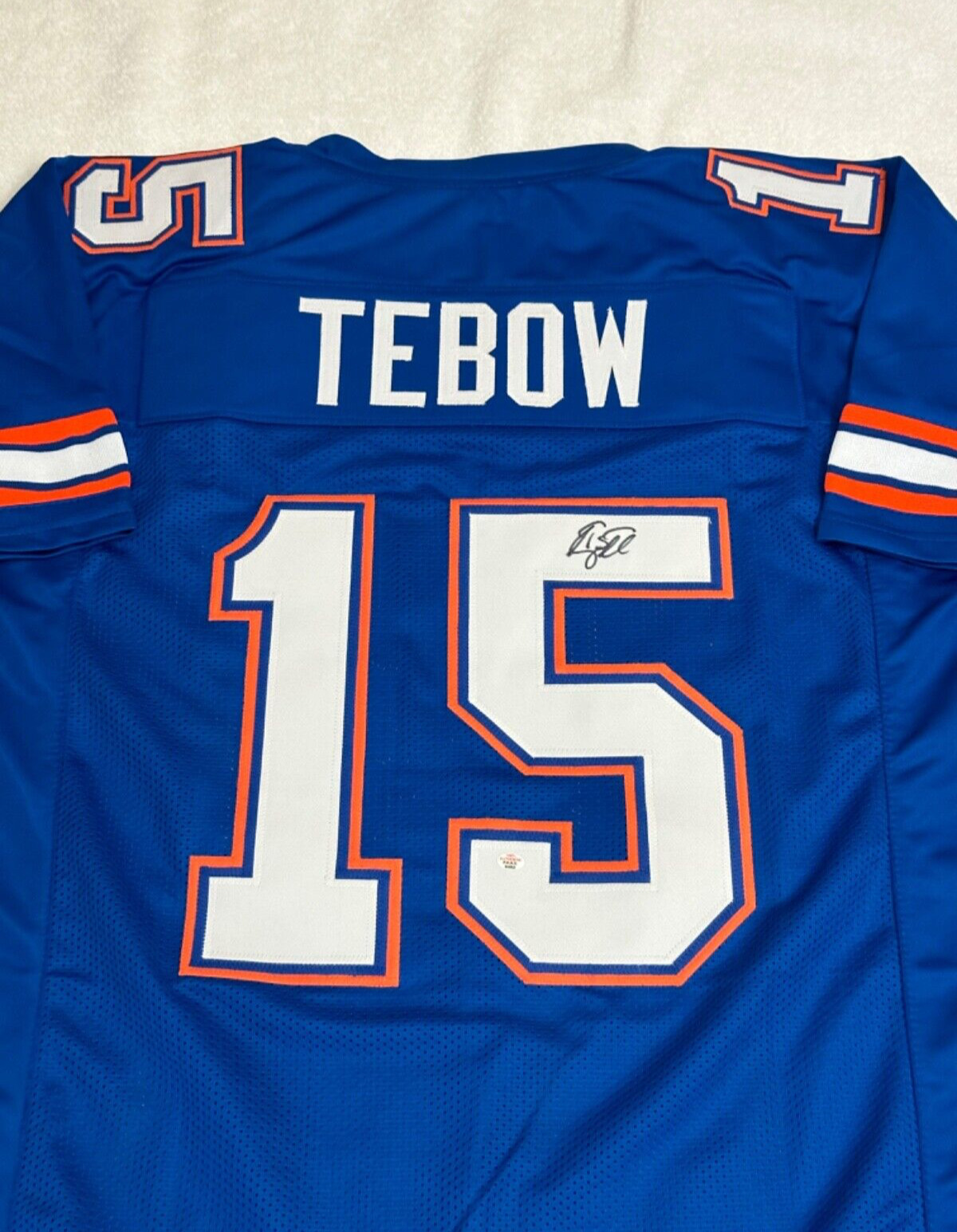-40%
Jack Chevigny Notre Dame star for Rockne who yelled "That's One For The Gipper"
$ 10.55
- Description
- Size Guide
Description
Jack Chevingny Star of Rockne's team with the Four Horsemen was killed at Iwo Jima in 1943. He said “That one is for the Gipper!” upon crossing the goal line and tying the legendary 1928 game with Army. This is a newspaper page from a Montreal paper. Size is 11x14 and is in excellent condition. Date of the paper is December 1928. His story is below.Memorial Day: The Story of Notre Dame's Jack Chevigny
Nick Shepkowski
May 26, 2020 4:10 pm
When you hear the name Jack Chevingny what comes to mind?
I’ll be honest, it wasn’t until not long ago that literally nothing did for me.
I hadn’t heard of him, didn’t know who he was or why he was important.
But on Memorial Day, or the day after, it feels like the right time to share his story.
Chevigny was a favorite of Knute Rockne, a blocker for the Four Horseman and screamed “That one is for the Gipper!” upon crossing the goal line and tying the legendary 1928 game with Army.
After college he was Rockne’s right hand man, believed to be the heir apparent of the legend but a feud between himself and Hunk Anderson caused Chevigny to depart the Irish staff at just 24 years old.
The star coach in the making that left Notre Dame and became the head coach of the NFL’s Chicago Cardinals and eventually the University of Texas Longhorns, where’d he lead Texas to an upset victory at Notre Dame Stadium in 1934.
Those feats alone would make him a legend compared to most of us, but where it ultimately mattered he was even more heroic.
After resigning from the Longhorns job Chevigny found employment as a deputy attorney general in Texas before working on the legal side for a friend’s oil business in Southern Illinois.
Chevigny tried to volunteer his services when the United States entered World War II but was turned away because of knee injury he sustained while playing football at Notre Dame.
As the war wore on though the restrictions became more laxed and Chevigny reported for duty late in 1943 at 36 years old.
Chevigny opted to be where the action was, asking to serve in the Pacific theater.
Ultimately those requests were answered as he was one of 26,000 United States Marines lost on Iwo Jima.
Jack Chevigny was a star and folk hero in his football career but what he did away from football made him a true American hero.

